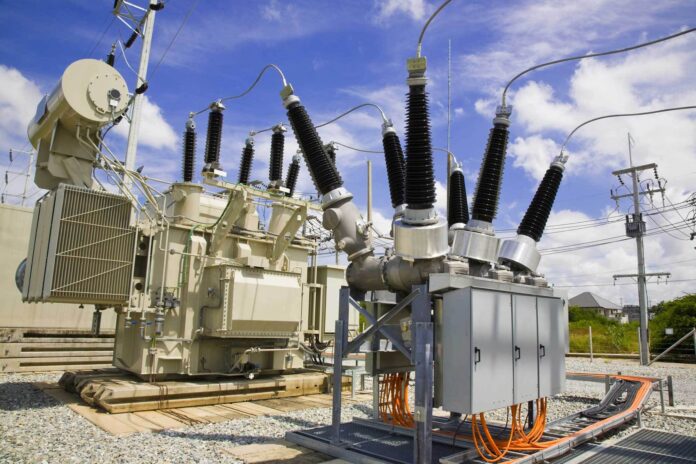Abuja, July 14, 2023: The President of African Development Bank (AfDB), Dr Akinwunmi Adesina, says lack of electricity among other factors limit industrial manufacturing in Nigeria.
The AfDB President, said this while presenting a lecture at the Business Day Chief Executive Officers (CEO) Forum in Lagos.
The lecture titled: “The Day the Lion Roared! Making Nigeria a Global Industrial and Economic Giant”.
”Today, capacity utilisation of factories hovers around 40 per cent compared to desired 70 per cent.
”The reality is that firms are moving to other neighbouring countries, where there is greater macroeconomic stability, enabling environment, with better ease of doing business.
”To be a manufacturer in Nigeria is not an easy venture. You succeed not because of ease of doing business, but by surmounting several constraints that limit industrial manufacturing.
”The major challenge facing the industry in Nigeria is the high cost and unreliability of supply of electricity,” he said.
According to him, the load shedding and unreliable power have made the cost of manufacturing extremely high and uncompetitive.
He said most manufacturing companies do self-provision on energy, with dependence on generators, diesel and heavy fuel oil.
According to the AfDB president, the emissions from these energy sources makes them brown industries and not green industries.
He said: ‘it has been estimated by the International Monetary Fund (IMF) that Nigeria loses 29 billion dollars annually due to lack of and unreliable power supply or 5.8 per cent of its GDP. ”
”Also, that Nigerians spend 14 billion dollars per year on generators and fuel.
” The Manufacturers Association of Nigeria, said industries spend N93.1 billion on alternative energy in 2018. No business can survive in Nigeria without generators.
”Unless Nigeria decisively tackles its energy deficiency and reliability, its industries will remain uncompetitive,” he said.
Adesina said there should be massive investments in gas to power.
He said it would ensure stable base-load power for industries, hydropower resources, large scale solar systems and direct power preferentially to industries.
This, he said would support industrial mini grids to concentrate power in industrial zones.
He called for more efficient utilities, reduce technical and non-technical losses in power generation, transmission, and distribution systems.
The AfDB boss said the bank had invested massively in the Nigeria’s power sector to support the implementation of the Power Sector Recovery Programme.
”The Bank provided 200 million dollars for the Nigeria Electrification Project, designed to fill the electricity access gap in Nigeria.
” We have also invested 257 million dollars in the Nigeria Transmission project, to strengthen grid power evacuation and regional interconnection.
”The Bank has inauguratef the Desert to Power initiative, a 20 billion dollar project to provide electricity for 250 million people across 11 countries of the Sahel, including Northern Nigeria.
”This initiative will draw lessons from successful projects already financed by the Bank, including the Noor Ouarzazate solar PV power project in Morocco and the Ben Ban solar project in Egypt,”he said.
Adesina said that industrial development was also constrained by poor state of transport, ports and logistic infrastructure.
On the Africa Continental Free Trade Area (AfCFTA), Adesina said it presented a huge opportunity for Nigeria to drive an export-driven industrial manufacturing pathway.
He urged Nigeria to take advantage of the opportunities therein to dive its economy.




